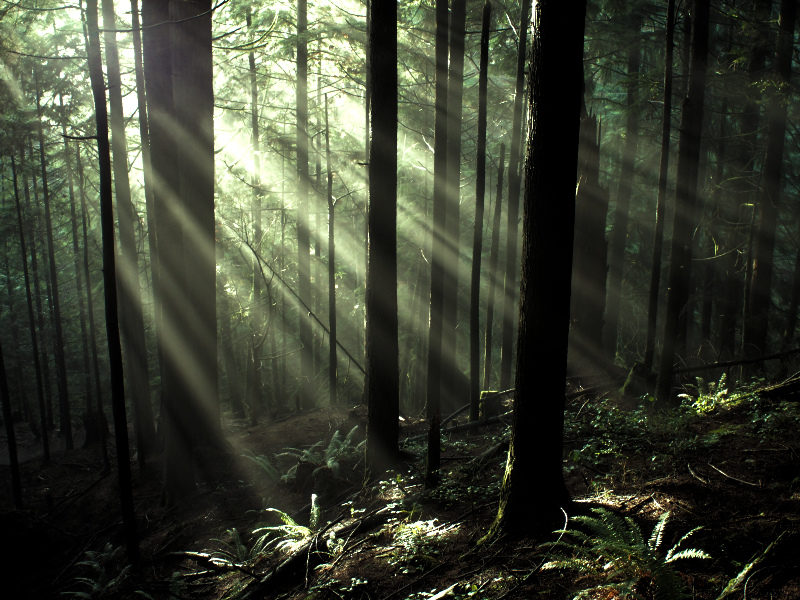“This is akin to being in a third-world country,” Cliff Wallis, then-vice president of the Alberta Wilderness Association, told CBC in 2014.
Wallis was referring to a Parks Canada policy that prevented employees from speaking with the media without approval—a policy that, to many, was a stain on Canadian democracy. At the time, Stephen Harper was prime minister and many hoped that when Justin Trudeau took over, the media policies would become more open, particularly at a time when insight to our national parks may have offered some revelations on the effects of climate change
That openness never came, explained environmental journalist Gloria Dickie last month in The Narwhal. Her feature, “Parks in the dark,” shone a bright light on how Parks Canada’s media relations’ practices hinder press freedom.
Post-Article
Since the article was published, former Parks Canada CEO Daniel Watson has been moved to the Deputy Minister of Crown-Indigenous Relations and Northern Affairs, making way for interim CEO Michael Nadler, former vice president of external relations for Parks Canada. This is temporary until Catherine McKenna, minister of environment and climate change, appoints a new CEO. Dickie tells the Review that Nadler has been less than welcoming to the critiques aimed at Parks Canada.
“It seems like the tone [of Parks Canada] is more or less refuting the investigation [of media policies in Parks Canada],” she says, “as opposed to actually creating a two-way dialogue with journalists about how to improve things in the agency.”
This latest tension is consistent with the rocky relationship that has existed between the media and Parks Canada over the past few years, a situation that 10 journalists interviewed for The Narwhal piece found frustrating. “From an on-the-ground-experience,” Dickie says, “we’re just finding that it takes a really long time to get interviews, we’re being denied for interviews, we can’t get field access, things like that.”
However, according to Dickie, the conflict may ease in 2019. A new model policy on scientific integrity is in the works from the Governments of Canada. It will require that any Canadian agency with a scientific sector must submit a policy form that will — among many other attributes — outline ways to make scientists available to the media and offer guidelines to help scientists speak about their work. “It’s possible that could have wide–reaching implications for overall access to Parks Canada staff and scientists,” Dickie says of the policy.
Pressure Cooker
Dickie explains that it’s been hard to put pressure on Parks Canada due to the lack of full-time environmental journalists in Canada. Not many journalists have experienced the inaccessibility of Parks Canada, and are therefore unaware of the issue. But, she adds that once the government realizes the implications of this policy, things will begin to change.
“I think that there is pressure there just in terms of Canada upholding its image as a very open and democratic government and not [one of] the Trump-esque fake news type governments,” she says.
Dickie adds that most of the support from other journalists has come through the Society of Environmental Journalists (SEJ) and the Canadian Association of Journalists (CAJ). The SEJ sent a letter in September 2018 signed by the CAJ to Michael Nadler expressing their concerns.
Dickie also says she is supposed to meet with Nadler through the SEJ, but nothing is certain yet. Until then, if you’re a journalist, or if you just really love trees, you’ll have to wait and see.
